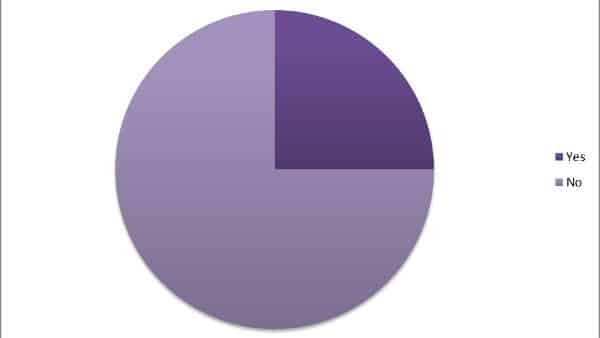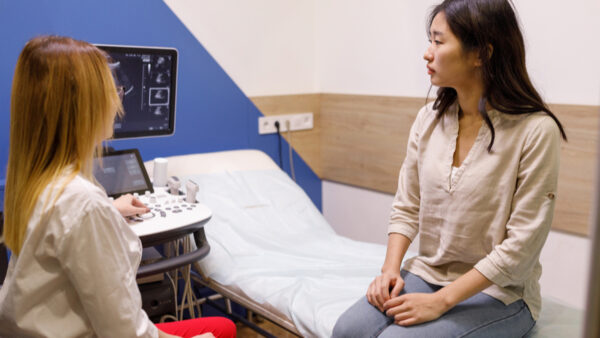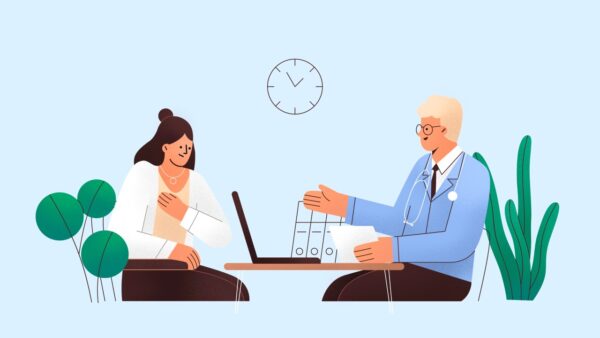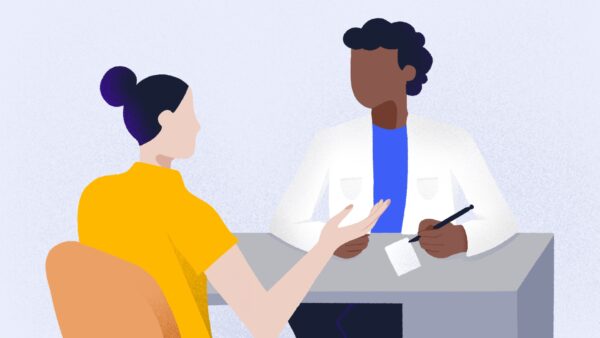
It is well established and accepted that before treating a patient, a healthcare professional must obtain consent of that patient. However, when a patient is underage, consent must be obtained from the patient’s parent or legal guardian. While this seems relatively straight forward, what happens when a minor patient wants a different treatment option than what their parents suggest?
While many argue that medical decision making for infants/children/adolescents should still be interdisciplinary and collaborative, the law traditionally considers minors to be incompetent to give consent for medical treatment (except in specific situations, such as in a context of court-ordered emancipation). This could prove to be difficult for many physicians, as their principal obligation is to the individual patient rather than to society or the healthcare system.
In light of this conversation, we asked doctors “Did you ever see a minor patient who asked for a different treatment option than what their parents wanted for them?”
Out of the 2149 doctors who responded from 45 countries, 52 percent responded ‘yes,’ and shared some of their personal experiences:
“It will depend on each case, but after twelve it could be a limitation. It is curious how in some societies 12 year olds are criminally responsible, go to war, drive vehicles, vote, but cannot decide on their body and health.” – Gastroenterology, Argentina
“It has happened to me and it is difficult, one tries to stay neutral and not take any sides, we must consider the positive and negative aspects of each therapeutic option and respect their decision. In my country, there is a high rate of early pregnancy and it is common for pregnant adolescents who come to the clinic to have different opinions from their mothers regarding treatment. Of course, in this case the opinion of the patient prevails because it is treated as an emancipated minor but it is still difficult to handle the situation with your family member.” – General Practice, Venezuela
“It is difficult for an adolescent who wants an anti-conception to tell her to accompany her parents. She leaves without comfort, without treatment, and we know that she will be in danger of several undesirable situations. I try to give behavior guidelines and certain tips but of course, I have time, I work in a rural clinic and I know almost all of them and I have seen many of them born. I always try to give my patients the best treatment I know by advising patients or relatives the best option.” – General Practice, Spain
“All too often, I’ve seen moms who are distraught that their daughter didn’t get asked to the prom, and is a target for body-shaming generally. And Mom wants bariatric surgery for the 16 y.o., but the 16 y.o. isn’t bothered at all and seems disinterested in the entire discussion. So should that patient have surgery? I think not.”. – General Surgery, US
“I saw a three-year-old baby yesterday in the care of Community Services. The father is 15 (now) and mother 19, so they had them when the father was 12 and mother was 16 (conception even younger). Interesting that they can’t legally consent for themselves, though as the parents of the child could make decisions for her.” – Pediatrics, Australia
“I had the interesting situation when I was an E.R. doc, where a 16 y/o came in with her baby; both were sick. The 16 y/o mother gave consent for me to treat the baby; yet I had to wait on treating the 16 y/o herself until her mother could be reached to give consent. Got to love our system.” – Plastic & Reconstructive Surgery, US
However, 48 percent of responding doctors answered ‘no,’ and shared their reasoning behind why they think child agency should be limited:
“Yes. I have had patients: Adolescents 16 and 17 years old in the company of their parents, who want to place breast implants for aesthetic purposes, without their consent. The whole weight of the decision must fall on their legal representatives, since there is no legislation on the subject in Venezuela and the answer in consensus is always NO.” – General Practice, Venezuela
“They must have more than 16 years to consider taking their opinion in some medical consideration. The rest is based on harmful immaturity. The orientation of the parents is the most appropriate and this one as long as it is sustained and well discerned with a doctor.” – Orthopedic Surgery, Venezuela
“Unfortunately, doesn’t matter what YOU think or want. I think it’s legally considered assault to treat a minor without parental consent (except in real emergencies…)” – Ophthalmology, US
The poll was fielded in April of 2018. 2.149 physicians responded to the poll. The margin of error for the global poll was ±2%. More information about SERMO polling methodology can be found here.
Are you a doctor? Join SERMO to discuss your physician experience with a global network of other doctors!














